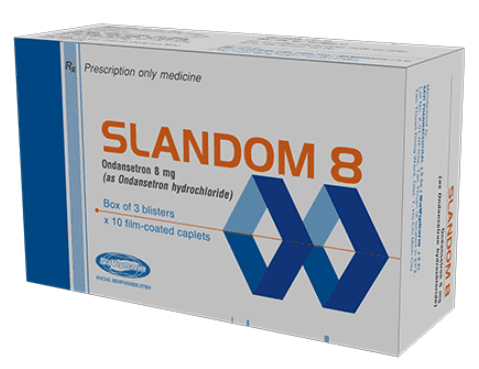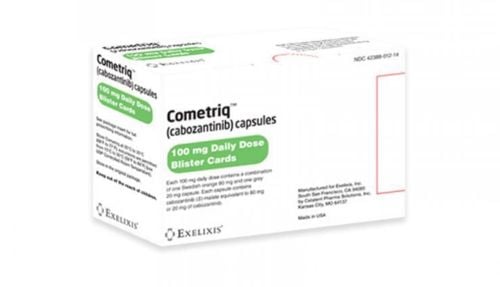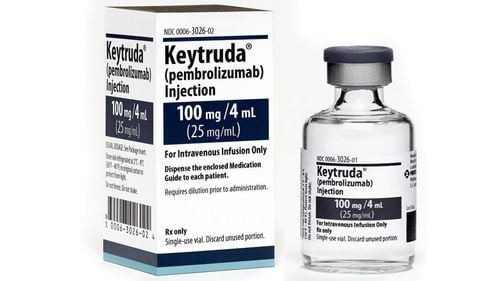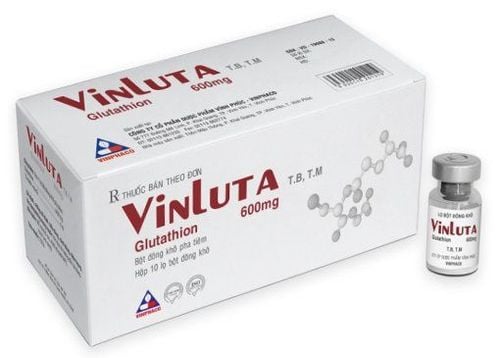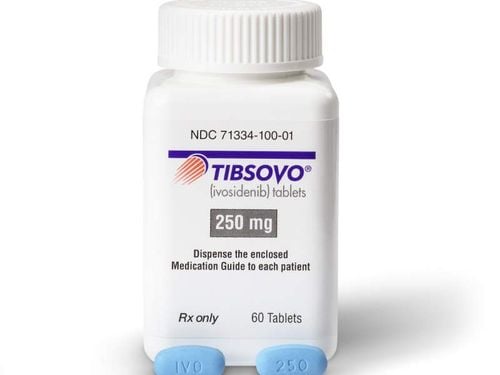This is an automatically translated article.
Chemotherapy is one of the main weapons to treat cancer along with surgery, radiotherapy, endocrine, immunological, biological... Indication of chemotherapy depends on the type of cancer pathology, stage and stage. disease, treatment purpose...
1.What is chemotherapy in cancer treatment? Scientific name: Chemotherapy in cancer treatment Common name: Infusion of chemicals Preliminary technical description: Chemotherapy is the use of drugs to kill or inhibit the growth of cancer cells. Cancer chemotherapy can be applied in the period before or after surgery and after radiation therapy. Chemotherapy drugs can affect the whole body. This means that chemotherapy can kill cancer cells that have spread to parts of the body that are far from the original (primary) tumor.
2.Objectives and contraindications Indications: Chemotherapy depends on the type of cancer pathology, stage of the disease, treatment purpose.
To treat cancer Slow down tumor growth Reduce tumor size to facilitate surgery or radiation therapy. Alleviate symptoms (such as pain) Microscopic killing of cells after the tumor is surgically removed (also known as adjuvant therapy), this adjuvant treatment can help prevent recurrence broadcast. Contraindications:
Patients with weak general health, not responding to cancer chemotherapy, temporary contraindications to pregnant women, blood clotting disorders, heart failure, kidney failure...
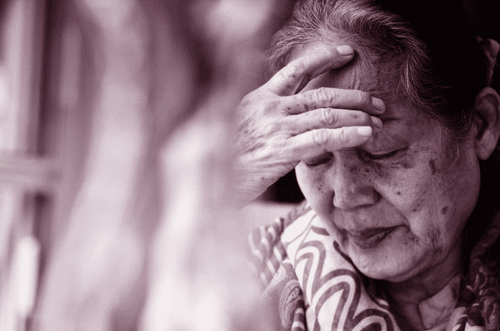
Hóa trị là sử dụng thuốc để tiêu diệt hoặc kìm hãm sự phát triển của tế bào ung thư
3.Advantages and disadvantages of the technique Advantages:
Prevents cancer cells from spreading Slows tumor growth Relieves cancer symptoms such as pain or blockage in affected parts Tumor Cons:
Chemotherapy in many cases causes extremely "terrible" side effects for patients. This is because the chemical has just killed cancer cells. It also destroys normal cells in the body. This results in a wide range of side effects for the patient.
4.Process Chemotherapy can be done by many methods such as:
Through injection directly into the vein with a syringe or through a vein: Most drugs are given through a blood vessel. The patient can lie down or sit, the infusion time depends on the drug, usually a few hours in a day or 3-5 days in a row, every 3 weeks, each infusion is called a series or a cycle. . Drugs administered intramuscularly: The drug is injected deep into the muscle layer with a needle larger than the subcutaneous route to help the drug penetrate deep into the muscle tissue. Spinal cord: Allow the drug to reach the cerebrospinal fluid. Peritoneum: Delivers the drug into the abdominal cavity, the area around the internal organs, but not into the stomach or any other organ. Highly effective local and less toxic to the body. Applied to bladder cancer at the superficial stage, after the tumor has been removed. pressure, difficulty breathing. This technique can help pleural fibrosis or adhesion inflammation, providing symptomatic treatment. The drug is used topically: As a cream applied directly to the affected area in skin cancer. However, the effectiveness of this method is still limited. Intra-arterial drug: selects the arteries feeding the tumor to deliver drugs directly there.
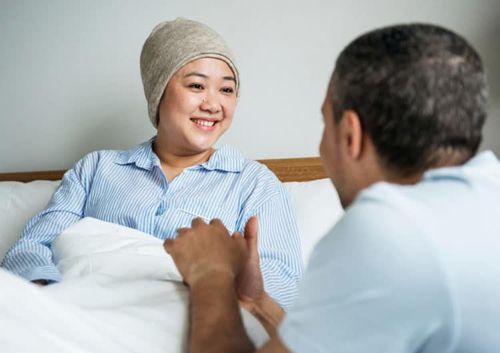
Hóa trị giúp ngăn chặn tế bào ung thư lây lan
5. Normal appearance after the technique Nausea and vomiting are transient symptoms of chemotherapy. Sore throat / Mouth sores Loss of appetite / Loss of appetite Diarrhea / constipation Fever and inflammation Hair loss 6. When are the following symptoms of technique abnormal and need immediate re-examination? Temperature >38 degrees C Mouth sores >3 days Prolonged cough and difficulty breathing 7.Things to keep in mind when performing this technique The treatment depends on the doctor's instructions. It can be daily, weekly or monthly. The cure is often referred to as cycles, which include a rest period between infusions. Rest allows the patient's body to produce new cells to replace normal cells damaged during chemotherapy. For patients treated through intravenous injection, the infusion time can be from 2-6 hours, depending on the doctor's prescription. Your doctor will monitor the process carefully and decide the time for chemotherapy. No special diet is required during treatment. Patients should avoid raw foods to avoid infection. Make sure food is washed and cooked before eating. Your doctor will give you dietary advice if necessary.
Please dial HOTLINE for more information or register for an appointment HERE. Download MyVinmec app to make appointments faster and to manage your bookings easily.





